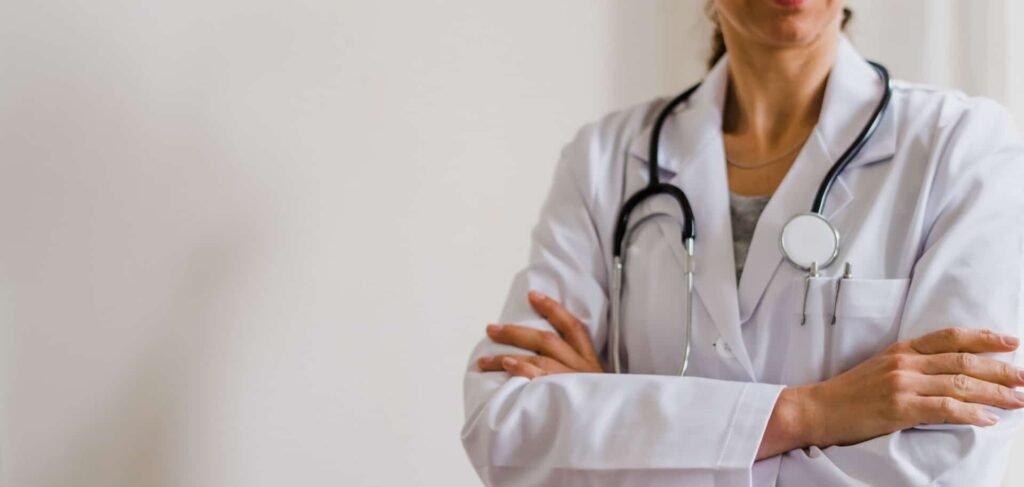Does Omnitrope Enhance IVF Outcome?
The term “Biological Clock” is used to define the timeline for a woman’s reproductive potential. It is affected primarily by two factors:
- Age: Advancing age is inevitably accompanied by a progressive reduction in the number of eggs in the ovaries (“ovarian reserve”). With progressive diminution in ovarian reserve (DOR) a theoretical “threshold” is reached where the woman’s response to fertility drugs is markedly reduced. At the point that this results in a low yield in follicles and eggs, she is referred to as being a “poor responder” to ovarian stimulation. DOR is accompanied by a fall in blood AMH levels and a rise in basal blood FSH. Over time a progressive reduction in ovarian reserve will ultimately culminate in a cessation of ovulation and menstruation (i.e. the menopause).
- Egg “Competency”: The second component of the biological clock is an inevitable age-related decline in egg competency (the ability of an egg, upon fertilization, to propagate a healthy embryo that is capable of propagating a normal baby). The most important manifestation of this age-related occurrence is an inevitable and rapid increase in the percentage of “incompetent” eggs that have numerical chromosome irregularities (aneuploidy). By way of example, at age 30, about one out of two human eggs will be incompetent/aneuploid, while at 45, more than nine out of ten are so afflicted. Aneuploid eggs cannot propagate healthy babies. Most will not even fertilize and those that do will usually be lost as early miscarriages or infrequently will survive and go on to produce a chromosomally defective child (e.g. Down syndrome).
It is important to understand that the two components of the biological clock (i.e. ovarian reserve and age) represent variables that, while interrelated, can often exist independently. By way of example, some older women in their mid-forties have excellent ovarian reserve while some women in their thirties may have DOR. While such women will produce fewer eggs, the potential competency of the eggs they produce is largely tied to their age. For example, a microscopically normal-looking mature egg from a 30-year-old woman is probably 3 times more likely to be “competent” similar looking egg derived from a 40-year-old counterpart. The ovarian hormonal environment elicited through ovarian stimulation of a woman with DOR can be affected by the protocol used for ovarian stimulation. Selecting the wrong stimulation protocol can adversely influence egg competency.
Conversely, an individualized and optimal protocol for ovarian stimulation, by favorably regulating the ovarian hormonal environment, can improve the potential for optimal follicle and egg development in the very same person, thereby reducing the risk of egg aneuploidy. The problem is that it becomes progressively more difficult to optimally regulate the intra-ovarian hormonal environment in older women, and in those with DOR. It is in such cases that the use of human growth hormone can play a valuable role. Several researchers have shown that the administration of human growth hormone (HGH), given as an adjunct to ovarian stimulation, enhances follicle response in older women and those with DOR and so can help optimize egg quality.
What Does Omnitrope Do in IVF?
It is thought that HGH hormone (for example: Omnitrope) by increasing the production of insulin-like growth factor 1 (IGF-1), improves follicle development, estrogen hormone production and egg maturation. Two basic mechanisms have been proposed: 1) improving the response to gonadotropin therapy by up-regulating the FSH receptors on the granulosa cells that form the inner lining of follicles and, 2) through a direct enhancing effect of HGH on the egg’s mitochondrial activity. While human eggs do have HGH receptors, those retrieved from older women show decreased expression of such receptors (as well as a reduction in the number of functional mitochondria) when compared with those derived from younger counterparts. In fact, it has recently been shown that older women treated with HGH showed a marked increase in functional mitochondria in their eggs along with improved egg quality.
My own experience in selectively prescribing HGH as an adjuvant, to women with DOR, older women and those with unexplained egg quality deficits, is that if used in combination with customized and individualized protocols of ovarian stimulation it can indeed enhance egg/embryo quality and ovarian response, culminating in improved IVF outcome.







